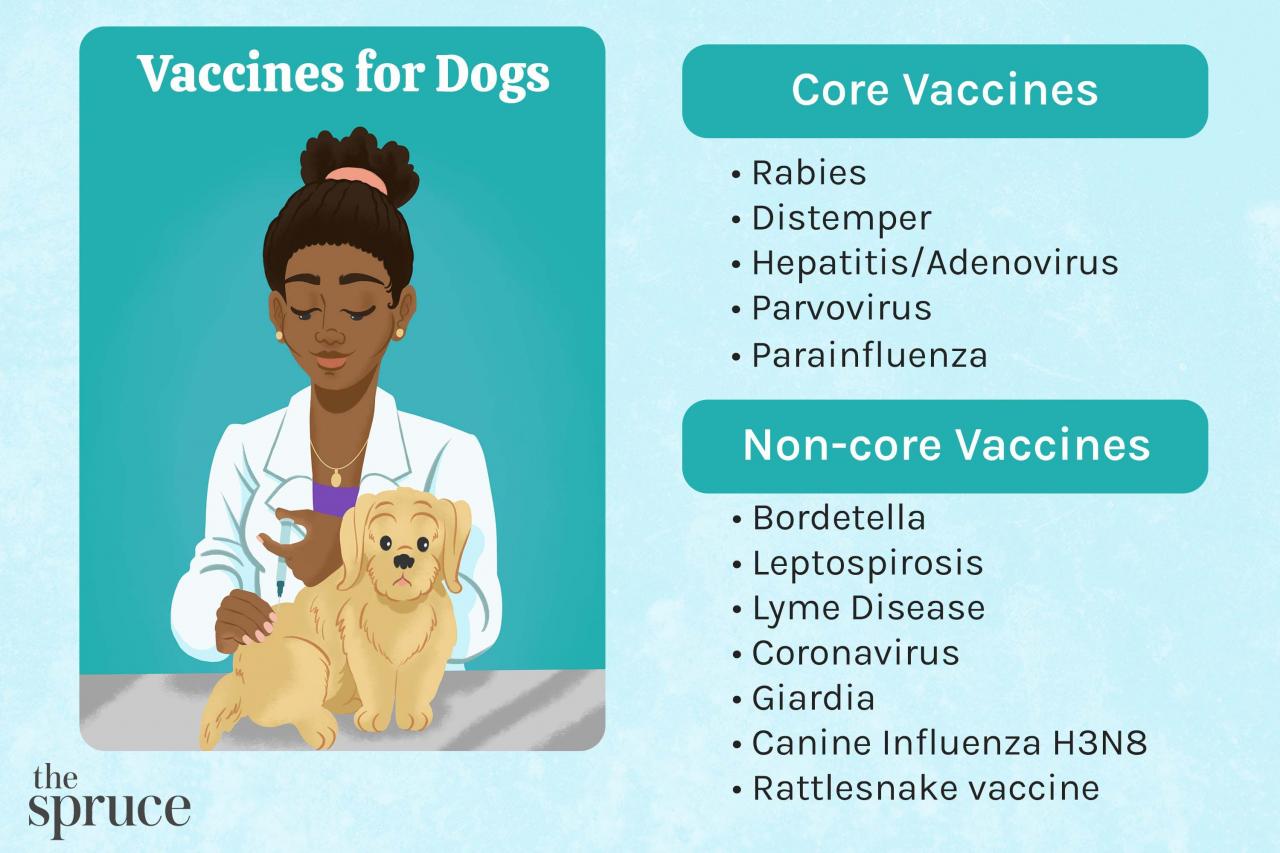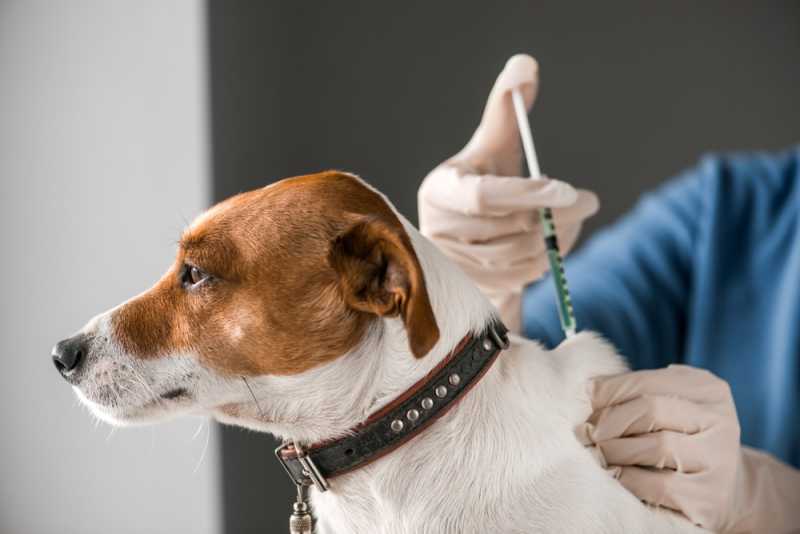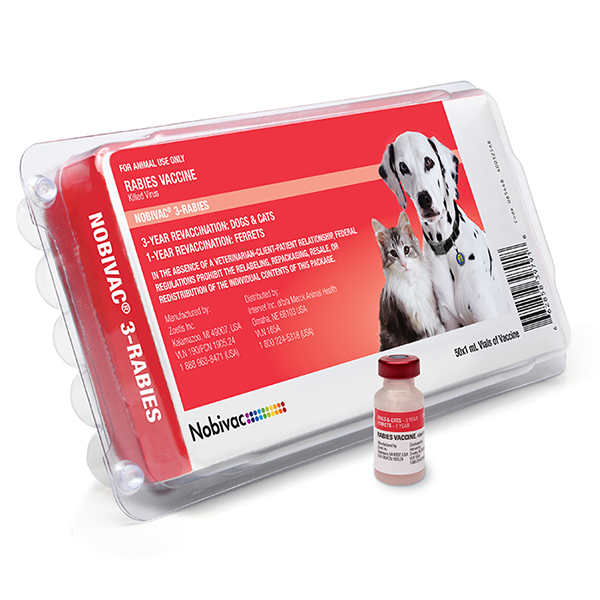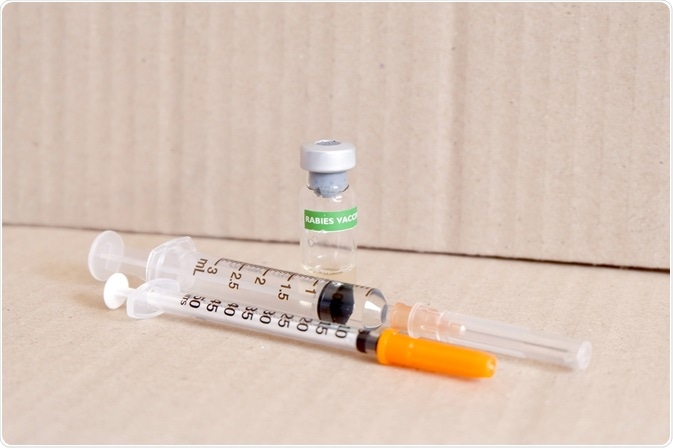How Long Does A Dogs Rabies Vaccine Protect Them?
Is Rabies Vaccine Harming Your Pets?
Keywords searched by users: How long is a rabies vaccine good for in a dog Rabies vaccine for dogs, dog overdue for rabies shot, 1 year vs 3-year rabies vaccine for dogs, Should I take rabies vaccine again, Rabies vaccine schedule, Vanguard rabies 3 year, how effective is rabies vaccine in cats, Vaccination rabies dogs
What Is The Difference Between 1 Year And 3 Year Rabies Vaccine For Dogs?
When comparing the 1-year rabies vaccine to the 3-year rabies vaccine for dogs, the primary distinction lies in their duration of effectiveness, as indicated by their labels. Essentially, the 1-year vaccine is designed to provide protection against rabies for a year, while the 3-year vaccine is formulated to offer protection for a three-year period.
It’s crucial to note that upon revaccination with either of these vaccines, your pet is considered immunized immediately, ensuring continuous safeguarding against rabies. Additionally, it’s important to be aware of the authorized individuals or veterinary professionals who are qualified to administer a rabies vaccine to your dog. Please note that the information provided here is accurate as of July 25, 2017.
Is Anti Rabies Vaccine Lifetime For Dogs?
Is the anti-rabies vaccine lifetime for dogs? In general, after the initial year, dogs typically receive the DAP (Distemper, Adenovirus, and Parvovirus) shot once every three years. However, the frequency of the rabies shot can vary by state regulations. Many states mandate an annual booster shot for rabies. In states with this requirement, your dog will need an annual rabies booster. In states with a three-year rabies vaccination protocol, your dog will only require a rabies booster once every three years. It’s essential to check your local regulations to ensure your dog’s vaccinations are up-to-date and compliant with the specific requirements in your area.
How Often Does A Dog Need A Rabies Shot?
How frequently a dog needs a rabies shot depends on the type of vaccine administered. There are two primary options for rabies vaccines: one-year vaccines and three-year vaccines. With the one-year vaccine, your dog will require an annual booster shot to maintain protection against rabies. On the other hand, the three-year rabies vaccine provides protection for a longer duration, so your dog will only need a booster shot every three years. As of August 29, 2022, this information remains current, but it’s essential to consult with your veterinarian for the most up-to-date vaccination guidelines for your specific location and dog’s health status.
Found 9 How long is a rabies vaccine good for in a dog



:max_bytes(150000):strip_icc()/rabies-vaccine-for-dogs-1276909247-2000-4efa84b2f4564a46aa94b67a2af9ff16.jpg)



Categories: Found 14 How Long Is A Rabies Vaccine Good For In A Dog
See more here: b1.brokengroundgame.com

While 3-year rabies vaccines are recognized in all 50 States, annual or biannual revaccination for rabies is still required by some State municipalities, even though essentially all United Stated Department of Agriculture (USDA) licensed rabies vaccines have a minimum 3-year duration (3).(Generally, the only difference between the 1-year rabies vaccine and the 3-year rabies vaccine is how it’s labeled.) On revaccination, the pet is considered immunized immediately. It’s also important to know who is authorized to administer a rabies vaccine.Typically, after the first year, your dog will receive the DAP shot once every three years. The frequency of the rabies shot varies by state, with many states requiring an annual booster shot for this disease. Otherwise, your dog will only need to get the rabies booster once every three years, as well.
Learn more about the topic How long is a rabies vaccine good for in a dog.
- Duration of immunity after rabies vaccination in dogs – NCBI
- AVMA 2017: Rabies Vaccination – What You Need to Know – DVM360
- Dog and Puppy Vaccination Schedule: When to Get What Shots
- Core Vaccines: How Often Should Dogs Get Rabies Shots? – Furtropolis
- Still vaccinating your pet every year? – NBC News
- Duration of immunity after rabies vaccination in dogs – NCBI
See more: https://b1.brokengroundgame.com/media/

